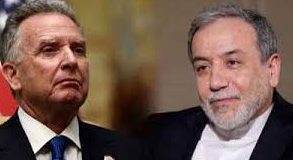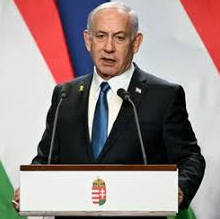The country argues that the commitment to halt deforestation by 2030 conflicts with its development goals.
Indonesia has raised concerns over a zero-deforestation pledge made at Cop26, questioning the feasibility and fairness of the commitment. Despite joining more than 100 countries in signing the agreement to halt large-scale deforestation by 2030, the Southeast Asian nation’s environment minister, Siti Nurbaya Bakar, stated that forcing Indonesia to comply by 2030 would be “inappropriate and unfair.”
Bakar emphasized that economic development cannot be sacrificed in the name of environmental goals. She pointed out that Indonesia, home to the world’s third-largest rainforest, faces the challenge of balancing its forest preservation efforts with the growing demand for infrastructure and agricultural expansion, which may require deforestation.
The minister argued that various definitions of deforestation exist, and some forest areas must be cleared for infrastructure projects like road construction and food cultivation. Indonesia’s government has insisted that any environmental commitments must not hinder its development trajectory.
The country’s deputy foreign minister, Mahendra Siregar, further criticized the pledge, calling the zero-deforestation term “false and misleading.” He reinforced Indonesia’s commitment to sustainable forest management while prioritizing national growth.








